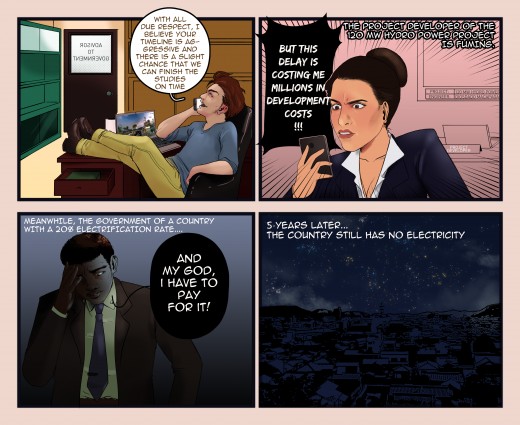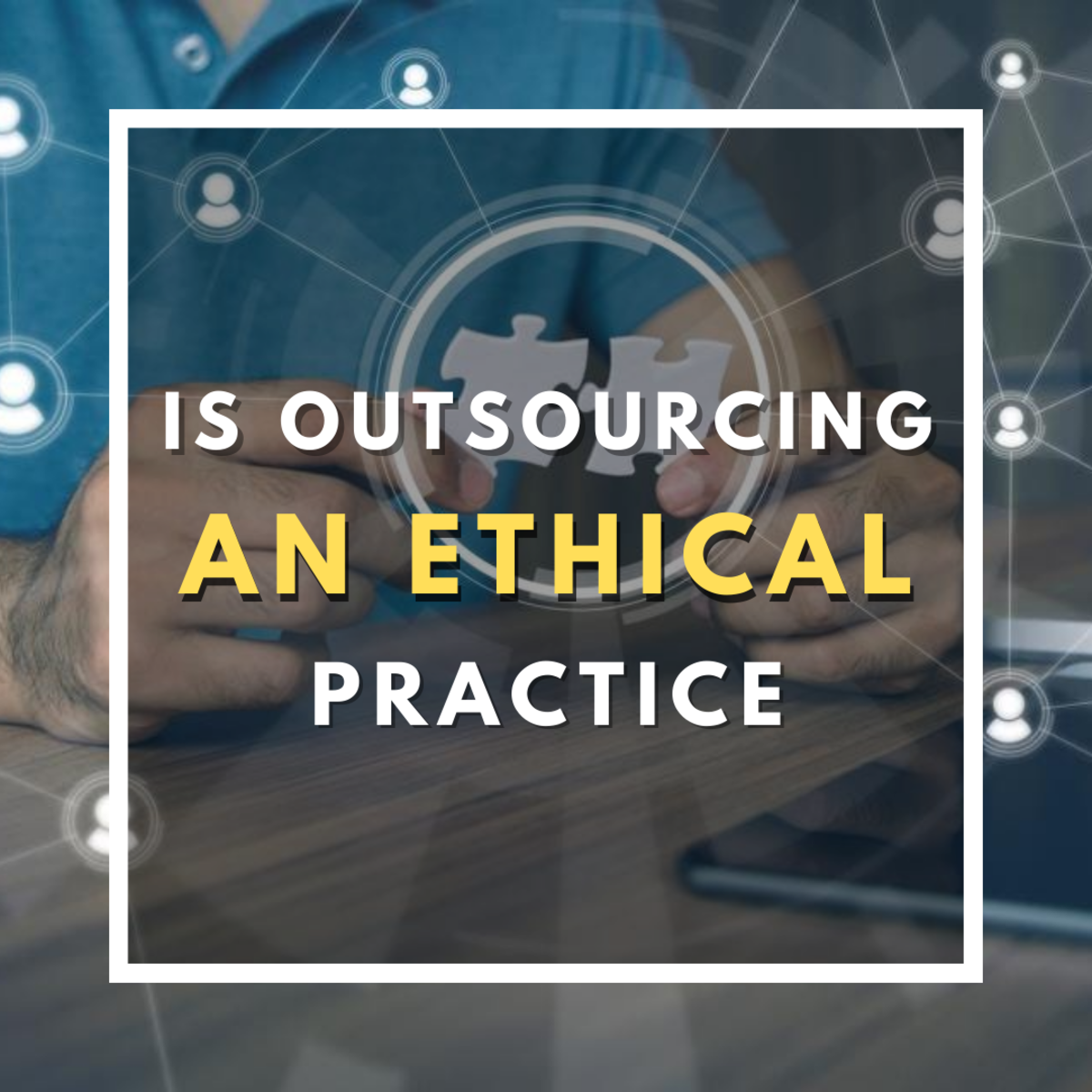The one who gets paid on hourly basis

Let me tell you a story.
This is a story of a respectful and hardworking project developer who participates in the bidding process of a hydropower plant concession and wins the bid.
After celebrating his success, he starts getting the package together to approach lenders and also start negotiating the clauses of the concession and, most importantly, the power purchase agreement . He therefore engages with other sponsors to obtain funding to finance the initial studies. After months of hard work and considerable costs for preparing the studies, he sends the package to the government to start drafting the clauses and annexes of the concession.
He then goes to the lenders with his package. They tell him that they need to have a signed (or at least a draft) version of the concession agreement before they can go to their board and approve funding for this project.
So he goes to the government and asks for a kick-off meeting on the concession. The government agrees but asks for more time so that the government officials and advisors can review the project documents thoroughly. A few weeks passand, eventually, the advisors submit their review of the project documents.
After receiving the comments, sponsors mobilize all resources to provide a quick response on the points raised by the government side. In parallel, the lenders, who are waiting to see progress on the government side on the contracts, cannot go to their boards without having a clear perspective of the concession and PPA agreement.
The sponsors prepare a new package that addresses all the queries raised by the advisors and they send it to the government. Given the previous experience, to speed things up, the sponsors ask for a physical meeting with the government side and their advisors. It takes a lot of time for the government to mobilize its advisors to be physically present for the meeting. When the meeting finally occurs, the advisors raise additional issues that were not included in their additional review. This means additional rounds are needed to finalize these additional issues and the story goes on and on in a time loop…
Food for thought:
- Why does developing projects in Africa take an average of four years to reach closing?
- What are the factors that are causing delays in closing projects?
- Does paying consultants an hourly rate incentivize them to delay negotiations and bill more hours?
- Same as the EPC, isn’t it better to pay consultants and advisors a fixed price contract and incentivize them to deliver their expertise on short delays and to speed up the process?



